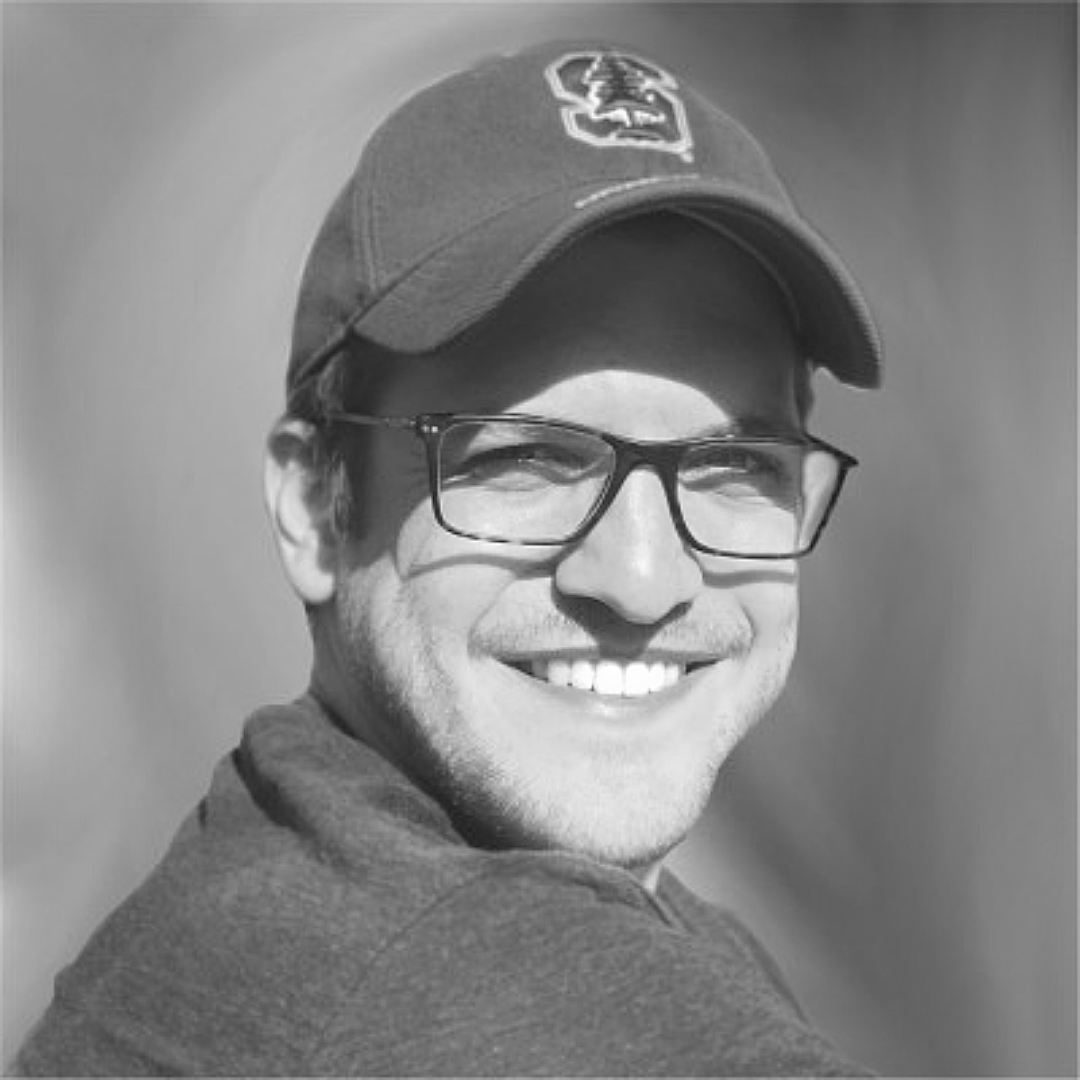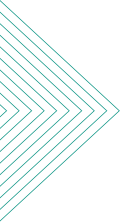


Retailers must strikes a balance between e-commerce convenience and personalized interactions to provide customers with a great experience.
An effective product strategy begins with addressing a business need your product will solve through forward-thinking vision and a final goal
Sam's Club Product VP Tim Simmons joins this episode of Product Talk to address the impact of Covid-19 and how to adapt retail products.